There are probably better times to join a major fine wine importer business than on the cusp of the all important January Burgundy en primeur campaign, but for Katy Keating it proved to be the ideal time to really get her feet under the table and see the business in full flow.
“It was like being thrown in at the deep end,” she recalls, but also a great opportunity to “take stock” and see where the pressure points in the business lay.
Not that Keating is not used to working in highly pressured situations, having cut her teeth in business working for digital and retail e-commerce start-ups in the US.
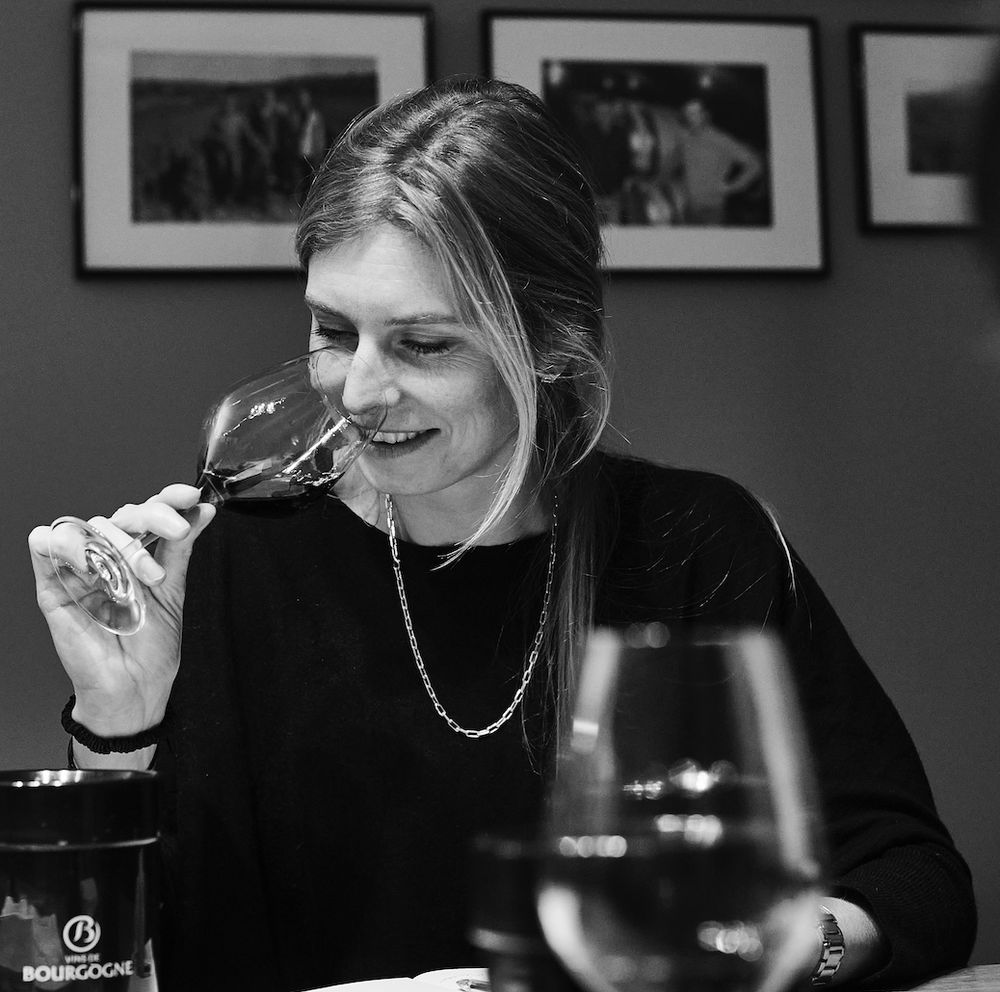
Katy Keating is relishing the opportunity to help Flint Wines achieve its full potential. Photograph: Truli Photo
She has made her made her name in the UK wine industry working in the fine wine sector, when Rowan Gormley hand-picked her with the challenge of turning around Lay & Wheeler, the fine wine merchants, when it was then part of the wider Naked Wine and Majestic business.
Close to eight years later and having helped Lay & Wheeler reach revenues of close to £28 million a year - up from £9.7m in the financial year ending March 2016 when she joined - and make a wide number of changes, both in terms of people and range, which also saw her help sell the business to Coterie Holdings in 2019 and its subsequent move to a new state-of-the-warehouse and headquarters, she is now ready for a new challenge.
Flint Wines might be new to Keating in terms of working for the business, but she had already built good working relationships with its three founders - Jason Haynes, Sam Clarke, and Gearoid Devaney MS - being part of the close-knit fine wine community.
She says she was very much bought in to help “complement the existing team” not in any way change or transform it.
It does, though, speak volumes of the collective awareness of the Flint founders that, despite years of apparently solid success, they recognised they needed senior executive help and support to take the business forward. It was noticeable in the statement they released announcing her appointment that they saw Keating as “the perfect person” to help bring all aspects of the business “together”.
As Haynes added: “It’s very exciting to imagine how we could evolve and what we could achieve with someone of such evident calibre at the helm.”
Calculated move
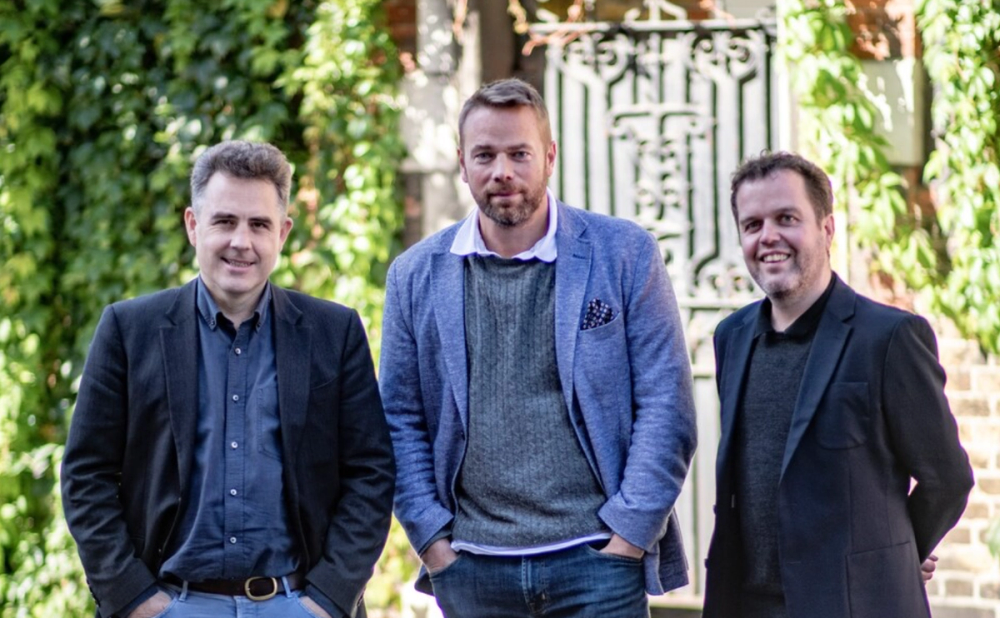
Flint's founding directors: Jason Haynes, Sam Clarke and Gearoid Devaney MS
Was it not, though, a risk for Keating to go into a company where you are effectively leading its founders - three strong individuals in their own right - who are still an integral part of the company.
She says the fact the founders are still so heavily involved after all these years was actually a major plus and reason for her wanting to join them.
“It’s very rare in fine wine to remain independently, and by held by active co-founders. But this is a part of the industry where ownership really matters. It dictates how much you can do and how you do it. We genuinely enjoy what we do and are not beholden to any shareholders. It means we can be fully focused on our team, our producers and our customers,” explains Keating.
“There is also a pure alignment of interests,” she adds, built firmly on its independence.
She also admits her due diligence before joining Flint even went as far as being reassured how balanced its founders were in their private lives as well.
“We had lots of open conversations about what I would be picking up and to ensure my role would be complementary to their roles.”
Keating says her primary focus in her first year has been on helping set the operational and strategic direction of the business. To introduce what she calls “some corporate planning” so there is a clear focus about what Flint is trying to achieve and the fact they can achieve much more by working together.
“Lay & Wheeler was a true turnaround story. At Flint Wines there is much more of an entrepreneurial side to it and you not beholden to your past,” she explains.
It might have been founded close to 20 years ago, but it has only been in the last six to eight years that it has “seen real growth” and Keating believes there are “lessons from the start up world” that very much apply to where Flint can go in the future.
Team work
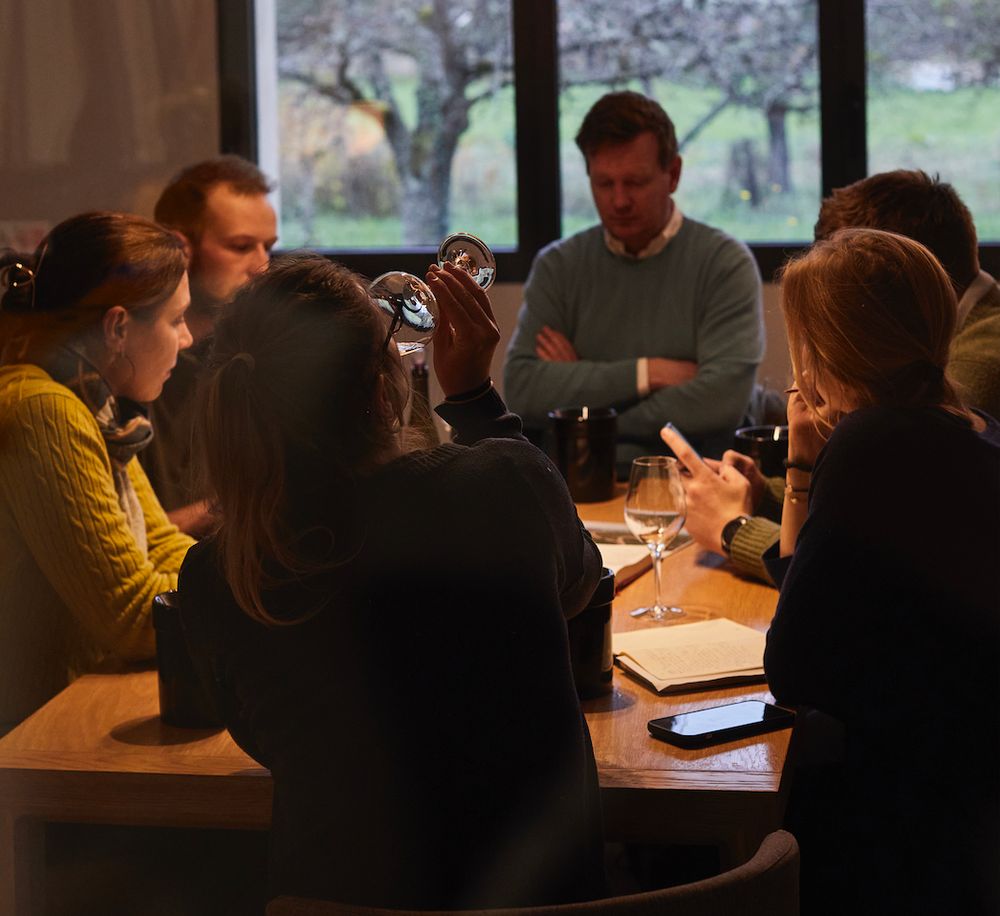
The Flint Wines buying team travel and work closely together and their producers
Another key factor in Flint’s founders turning to Keating is her reputation for not just building strong teams, but giving them the freedom and platform to fully express themselves. As she says herself having the right team around her is vital to her management style. Time again she is far happier talking about “the team” and the skills and attributes they have, rather than talk up any specific skills she might have.
“I joined with a people first mentality,” she says.
“I put a lot of pressure on myself and like to think I have a consultative style of leadership where I talk to people and am always look at how we can collaborate as a team better.”
Her people first approach is arguably one of the most important skills a business leader can have. The ability to build not only a great team of people, but the team spirit and sense of togetherness that crucially goes with it. She wants to create and work in what she calls a “learning environment”.
It might sound corny, but Keating will often repeat the mantra “teamwork makes the dream work” when talking about the changes Flint has made and the opportunities that now lie ahead of her.
“People and culture have been a huge focus of our first year,” she says.
Keating has been quick to build on the existing Flint team by bringing in a number of what she calls “great people” to help take a “great business” forward.
These include Harry Roskilly who joins in a new finance director role from MMD (Maisons Marques et Domaines’), who she describes as “best in class”.
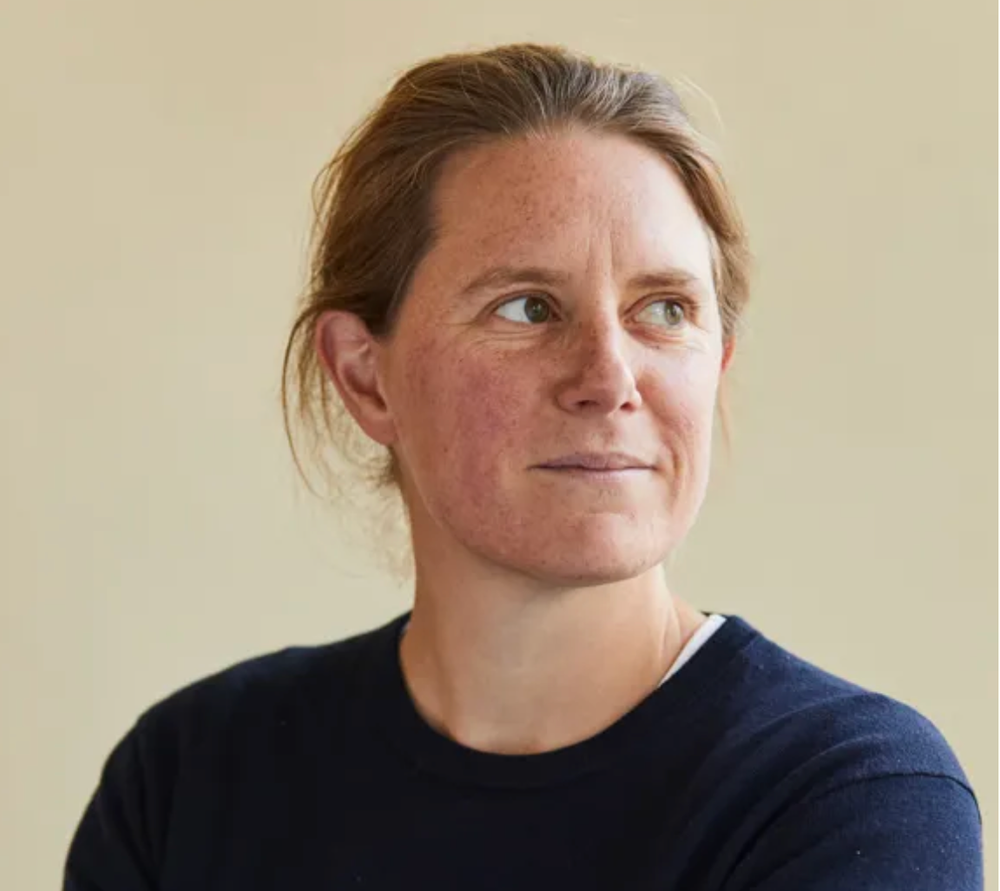
Beth Pearce MW joined Flint Wines from Lay & Wheeler to take on a new head of buying role

Robbie Toothill has also joined from Lay & Wheeler as head of commercial
She has also gone back to Lay & Wheeler to bring in two of its key strategic staff with the highly respected Beth Pearce MW as head of buying and Robbie Toothill as head of commercial.
The last year has also seen some key promotions too with Felipe Carvallo moving up to head of trade sales with a clear brief to bring Flint closer to a wider number of potential fine wine customers.
It is “those connections” and “relationships” that gives a business like Flint its unique personality in the competitive world of fine wine merchants, she explains. But she also expects her team to do all they can to “open up every opportunity” and make the most of them. “Relationships are so important,” she stresses.
“The way the team is now set up means we can all be more effective together.”
Which also means fostering a culture of working together, where two to three people working on an idea as one is going to be more powerful than doing so on your own, she adds. “It is harnessing and recognising that,” so that it becomes a natural way of working.
A passion for quality wine will always be the backbone of the business. “We take great pride in the knowledge we have and are always having a good time in the office tasting wines together.”
Then on a Friday afternoon it is more a case of opening some bottles of wine to share, and ordering lunch in to the office together, now a celebrated weekly tradition.
“We love what we do and it is a great way of coming up with new ideas for the business. A lot of my role is giving people licence to do that and also to have some fun.”
Focused buying
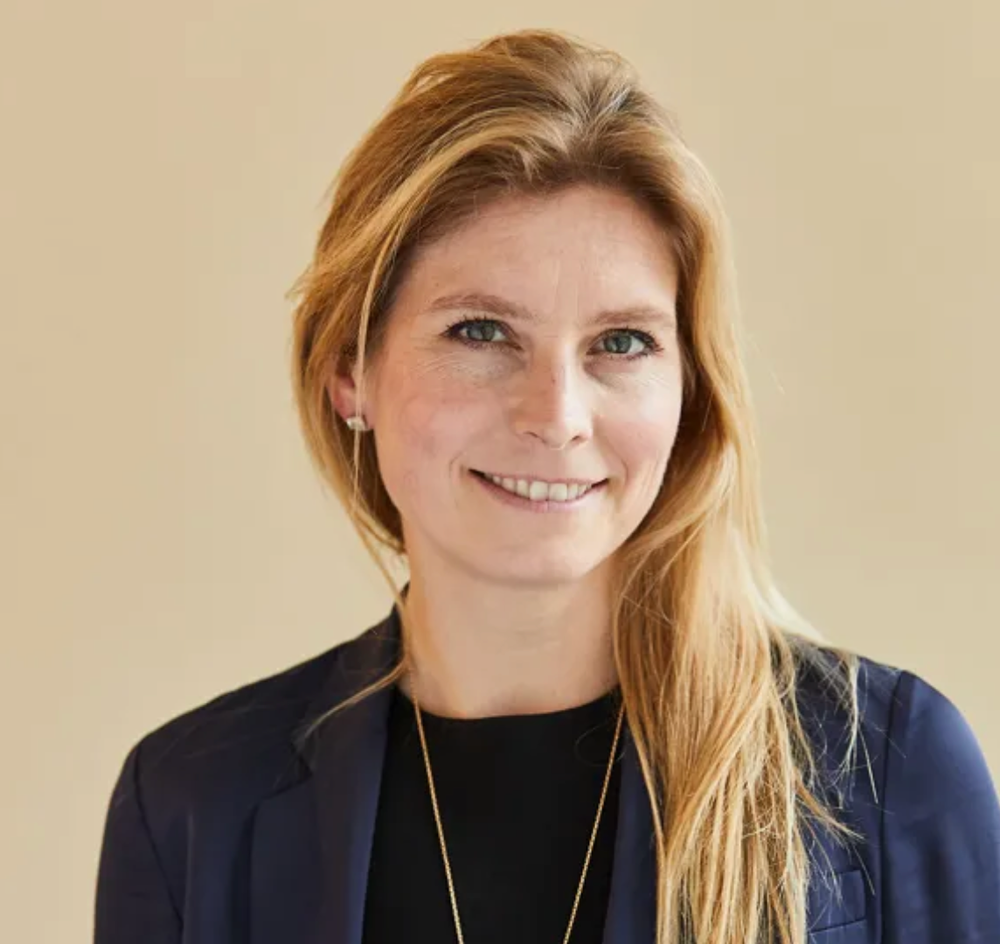
Katy Keating has followed a "people first" strategy since joining Flint Wines to ensure it is making the most of its existing talent and cherry picking the right people to help fill new strategic positions
A key area for Flint’s growth is building on its reputation as a key Burgundy supplier, by widening its range and buying skills in other key parts of the fine wine world. Hence Jason Haynes will continue to head up buying for Burgundy, whilst Pearce is tasked with raising Flint’s profile in areas such as the US, Italy and Champagne, in particular, but with a remit to look far and wide for the wines that matter.
Its focus, stresses Keating, is finding producers and wines that are “absolutely terroir-driven”. “That is the pure thread that runs through the range and those are the wines we will be looking for”.
She adds: “We want to grow our portfolio so that it is complementary to Burgundy.”
A buying team that is always focused on the needs of the market and where the wines and producers it is signing are going to end up. She says Toothill’s new commercial role will be vital in that process. She likens it to being like the “conductor of the wine orchestra” whose job it is to get the “right producers in the right channels” of the market.
It only has to show producers its track record in Burgundy to demonstrate how well placed Flint is in the UK premium wine market. Jason Haynes is about to rack up his 30th vintage of tasting Burgundy and visits at least four times a year.
It also means as a business it is a bit “more resilient” to the ups and downs of the wider Burgundy market and it works hard to “build a level of trust” between itself and its producer partners that they are there for each other through good and bad vintages, says Keating.
“A producer makes wine every year, and there is a place in the market for every vintage and we need to support them. We are both in it for the long term.”
New branding

The new clean, bold imagery for Flint has been introduced to better reflect its multi-channel strategy
A key part of Keating’s new strategic vision for Flint has centred around creating a new brand identity for the company, complete with new look, logo and website. It is a move that has also seen its previously standalone private client business, Stannary Wine, become part of the overall business.
Keating says the new branding is also an opportunity to put “some structure” around a business that has evolved from initially focusing on private sales, to starting its own trade division and servicing and working with the on-trade and premium retail and wine merchants. The business is now split around 50/50 between private and trade sales.
She says she can hopefully be the “fresh pair of eyes” that can build on what is already happening, and put new meaning and direction behind it. So that it can, she adds, for bothits producers and customers, communicate a “more structured, stronger message”.
What the new branding also wants to capture, stresses Keating, is Flint’s “understated humbleness” where it is focused on “working with the best producers” and giving them the platform so that Flint “can be their voice in the market” whilst supporting them with the “highest levels of professional service”.
As so much of the perception of Flint as a business lies in the relationships it has with its producers and customers, its strategy is centred on “equipping” and “empowering” the team so they can “deepen those relationships,” says Keating.
Then there are the long term relationships it has with its long standing private clients that Keating says are “critical” to how the business is run as it also gives its producers the reassurance that they have a loyal private customer base in the UK vintage by vintage.
Strong platform
A year on and Keating can look back on a healthy 10% increase in year-on-year unadjusted revenues from September 2023 to September 2024 with a slight increase in gross profit margins. Full audited results to be published with Companies House later this month.
Keating says the figures “show the strength of our range of wines and our relationships with customers in all channels”. “Flint doesn’t have to compromise margin to achieve sales growth despite the weak overall fine wine market,” she adds.
Keating is pleased with the platform the business has to build on in 2025. In the premium on-trade, for example, it can look to listings in seven out of the nine three Michelin star restaurants in the UK and 22 out of the 23 two star venues, plus a quarter of all one star establishments.
She says they are so lucky to have the influence and relationships that director Gearoid Devaney MS has built up over the years and the fact he is still so heavily involved in the various Master Sommelier teaching and exams with the next generation of up and coming sommeliers.
It is also building its regional on-trade team to make the most of the premium opportunities around the country.
On the front foot
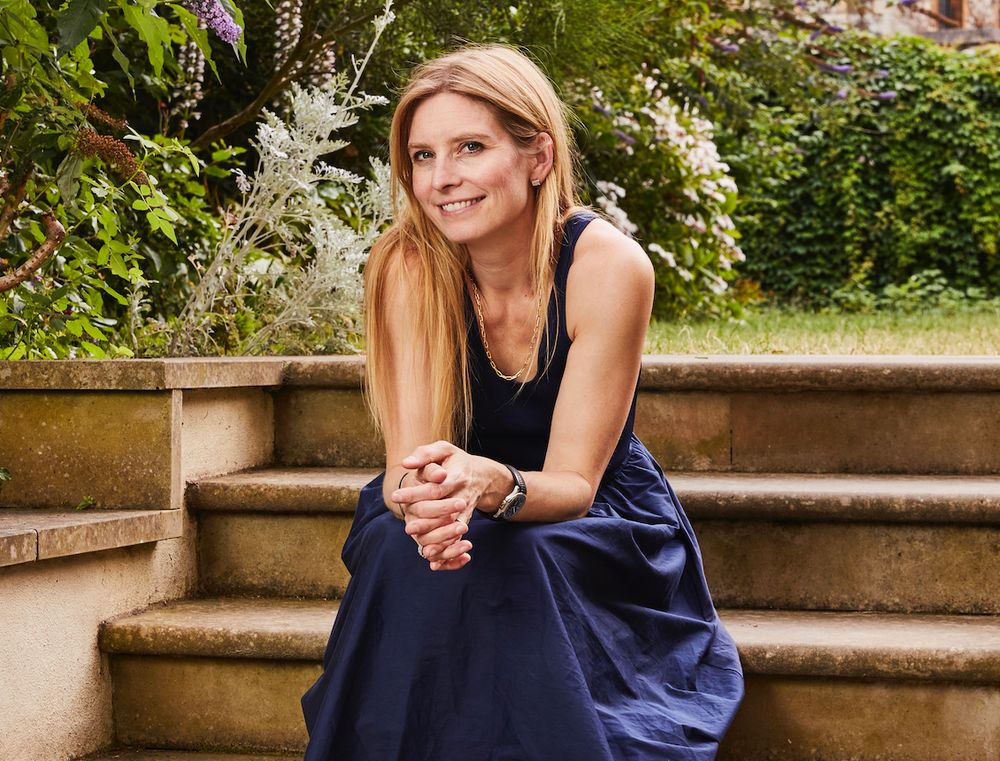
Katy Keating is a great believer in positive thinking and despite the major issues facing the wine industry there is still big areas for growth and opportunities to be had
Despite the increased pressures and challenges the entire wine industry faces going into 2025, with increased costs and duty rises, you won’t find Keating spending too much time bleating about them.
“I think everyone needs to be more positive. I am a great believer in positive thinking. We need to remember we are helping people to enjoy fine wine and we need to give people more reasons to go out and enjoy fine wines,” she stresses.
“We need to accept that the one constant is change. That we need to roll with it and take the rough with the smooth.”
She says growing up on a farm means she is used to hard work, but also has seen all the “good things” that have come out of working hard. She points to Gary Player, the great American golfer, who once said: "The harder you work, the luckier you get."
Keating likens fine wine and premium dining to those working in the art world, or in theatre and music, whose job is to curate and bring memorable experiences to people. “We have a similar role where we can bring these wines to so many people.”
She accepts the “market dynamics” have gone on longer than the trade would have wanted or “anticipated”.
“Our size means we can be flexible and quick on our feet and can act just on the back of a phone call. But we can also think about the long term, be patient and set our goals and do things in the right way.”
She says Flint has an “open road ahead of us” and there will be ways to “fine tune” as it goes, but is happy it is in a position to “build on what our founding directors started”.
Ultimately, she adds, it comes down to making the right decisions at the right time.
“We have to be sure what we are buying is what people want to enjoy. Our job is to make sure we are taking on the world and not taking on each other. Let the team shine and let’s set our people up for success and make them the heroes.”
Which brings her back to her business mantra: “Teamwork makes the dream work.”
* You can find out more about Flint Wines at its website here.
* Flint is holding its en primeur Burgundy tasting on January 14 between 10am - 4pm at The Royal Horseguards Hotel, One Whitehall Place, London, SW1A 2HE
Nearest tube: Embankment. Register here.
































